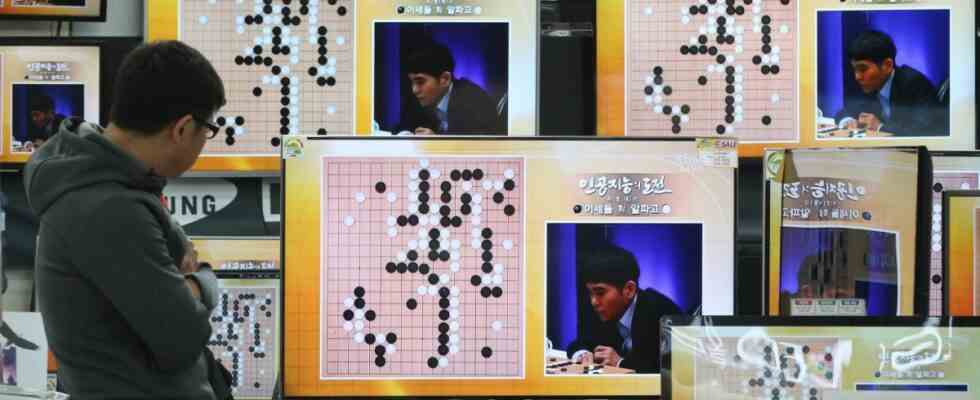When Lee Sedol ended his career as a professional Go player, he sounded resigned. “There is a being that cannot be defeated,” he said in 2019. The South Korean meant the software Alpha-Go, which had defeated him three years earlier in four out of five games. Lee was considered the best player in the world at the time. “I realized that now that artificial intelligence has mastered Go, I’ll never be on top again,” he says.
Now there is hope for people again. USA’s Kellin Pelrine has beaten Kata-Go and Leela Zero, two Go programs that rival Alpha-Go – to which all players lost. Pelrine not only won, he outclassed kata-go even though the software was playing at its highest possible level: “superhuman”. Man and machine competed against each other 15 times, and Pelrine prevailed 14 times.
At first glance, his victory looks like a fairy tale. As an ambitious hobby player, Pelrine would have no chance against a professional like Lee. Go is a very complex board game, there are more possible moves than an AI can simulate. In chess, pure computing power is enough, Go requires intuition and understanding of the game. Particularly creative games are considered works of art. That’s why human grandmasters were shocked when Alpha-Go beat Lee seven years ago. And now, of all things, an amateur is supposed to have stopped the triumph of the machines?
“It was surprisingly easy to exploit the system”
Pelrine got the crucial tip from software. The company Far AI and researchers from several US universities developed a program together, which detects weaknesses in AI. “It was surprisingly easy for us to exploit the system,” said Far AI CEO Adam Gleave the newspaper Financial Times (FT).
The software played more than a million games against kata-go and encountered a blind spot. With the right strategy, you can distract the AI so that it doesn’t realize that your pieces are being circled on other areas of the board. This tactic is “not completely trivial, but not super difficult” to learn, Pelrine told the FT. He followed the plan exactly, beating a seemingly overwhelming program that had previously analyzed and learned from many millions of Go games.
Exactly that was Kata-Go’s undoing. Such situations are not found in the training material, since people quickly see through the strategy and therefore do not use it. So the software couldn’t learn how to react to it.
This example shows why AI is not intelligent in the human sense. Neural networks are trained for a specific task, which they ultimately master at least as well as humans. The machine becomes the near-perfect problem solver, but only for a specific problem. When something unforeseen happens, even the smartest AIs are often helpless. It’s probably no consolation for Lee Sedol, but it’s at least a triumph for Kellin Pelrine – albeit with the help of a computer.

